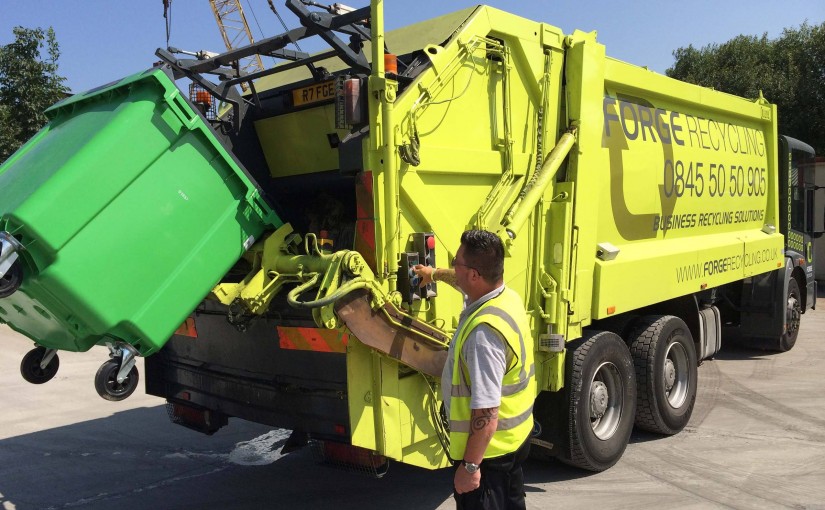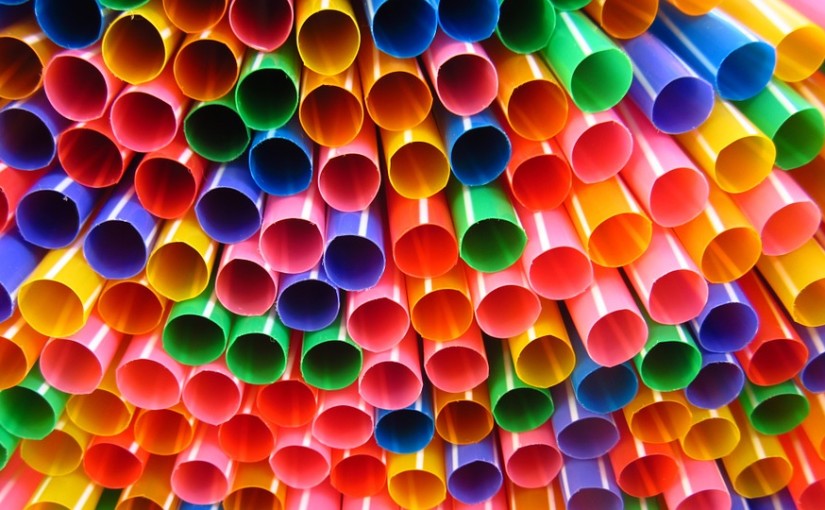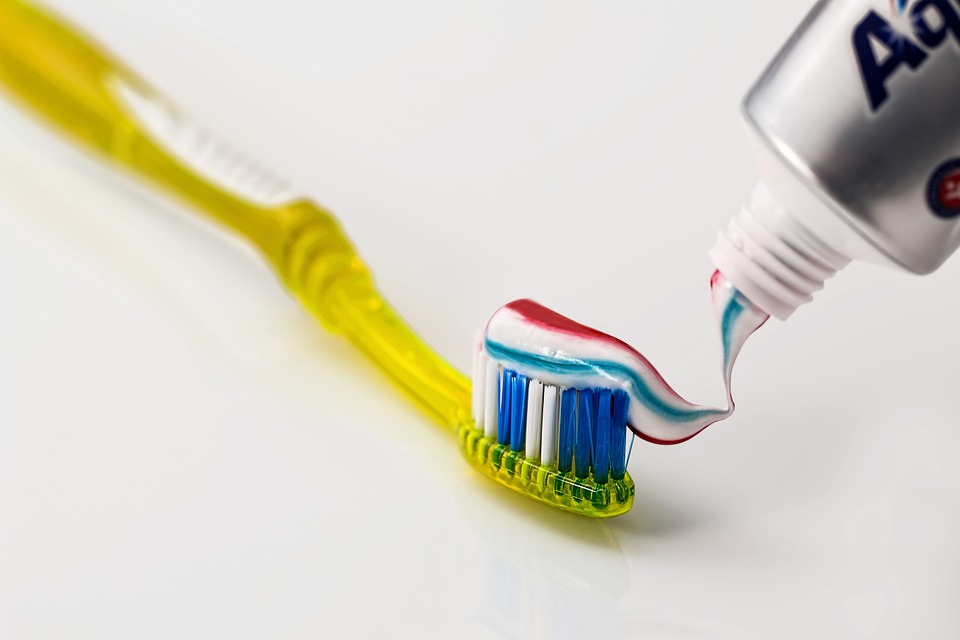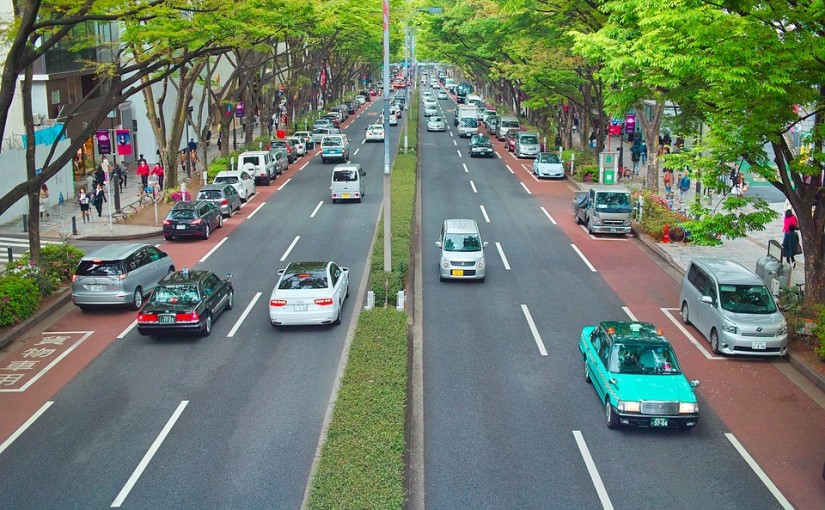Please note: This competition has now ended. The winners were Hamilton’s Sandwich Shop in Horsforth. Thank you to all who entered.
It’s Forge competition time again! We are feeling full of festive spirit, so we wanted to help out a fellow local business by doing what we do best – waste management! Do you have a business in our coverage area? If so, why not enter our competition today to win a whole 3 months of free business waste collections? You have to be in it to win it!
How do I enter?
All you have to do to enter is follow and RT us on Twitter – don’t worry if you already follow us; just retweet one of our tweets about the competition to enter! You may RT us up to once a day, and each tweet will be counted as an individual entry, meaning you’ve a higher chance of winning the more times you retweet us.
Competition Terms & Conditions
- The competition will run from 10am GMT on 16h November 2015 until 10am GMT on 14th December 2015. Any entries made before or after this time will not be included.
- The winning business will be announced on 14th December 2015, and will be selected at random. The winners will be contacted by us on that day.
- If the winner does not respond before 14th January 2016, the prize will be forfeited, and we will be within our rights to draw a new winner – again, at random.
- The competition is only open to businesses located within the areas of Yorkshire we cover: Brighouse, Leeds, Bradford, Dewsbury, Keighley, Ilkley, Otley, Huddersfield, Halifax, Harrogate, and Wetherby. Please check our website for further details.
- We reserve the right to draw a new winner at random if a winner’s business is not located within the areas we cover.
- Entrants may enter up to once per day.
- There will be one winner.
- This competition is open to businesses only.
- Forge Waste & Recycling reserve the right to publish the winning business’s name on our website, and in media regarding this competition.
- There are no cash alternatives to the prize.
- The prize is for 1 collection per week, for up to 3 waste streams (for example: General Waste, Mixed Recycling and Glass). Any extra waste on top of this will be payable.
- The 3 months’ free waste collection will begin at the end of your current contract, and will require you to sign a 12 month contract with ourselves, which includes the 3 free months.
- If you require any further information about our services, please give our friendly local team a call on 0345 50 50 905.




